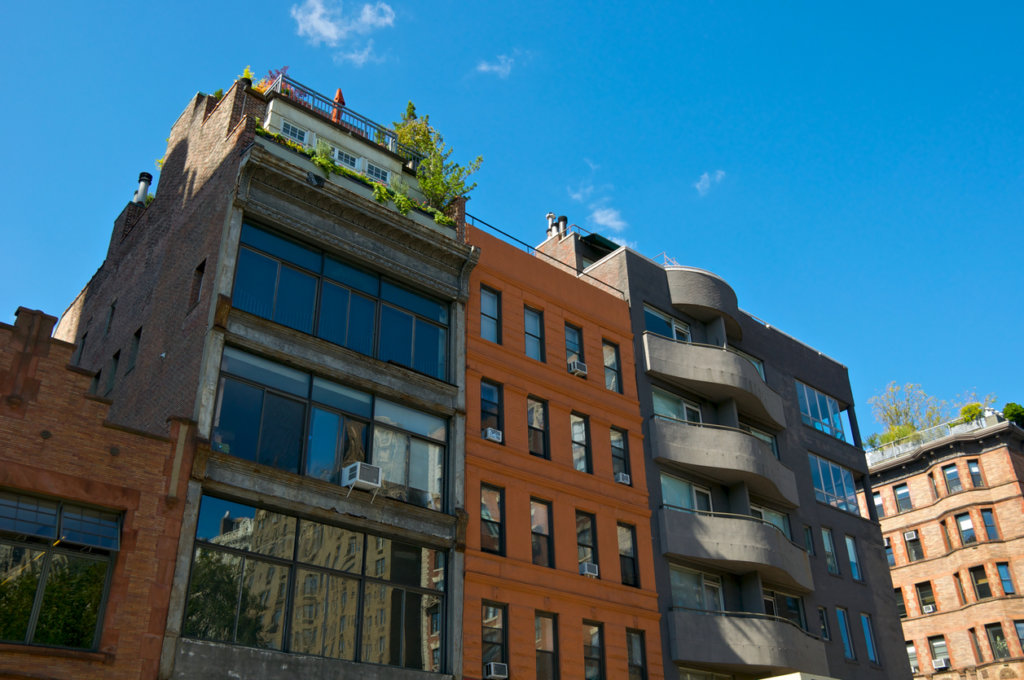Board Collects Common Charges Without Judicial Intervention by Novel Agreement and Deed in Lieu of Foreclosure
With the recent economic downturn, condominium boards have been plagued by unit owner common charge defaults. With fewer unit owners paying their common charges, boards are faced with the prospect of increasing common charges in order to collect the deficit from those unit owners in good standing– unless they can collect the unpaid common charges from the delinquent unit owners.
Most boards who attempt to collect common charges from delinquent unit owners are faced with essentially three choices – enter into a payment plan with the defaulting unit owner, sue for money damages, or foreclose. The problem with the payment plan option is that when a unit owner misses a payment, the board must start an action, which takes time and money. This is really just delaying the inevitable. If a board decides to go straight to court (small claims or otherwise), the board may succeed in getting a judgment on the outstanding common charges, but would have to commence consecutive actions in order to keep collecting the common charges as they continue to accrue. Also, collection on the judgment(s) may be impossible. This starts a cycle of continuous legal bills and unpaid common charges. The third option, foreclosure, is the clear choice of these three options because, theoretically, a board will be made whole by the sale of the unit. However, especially with the recent regulations creating more red tape for foreclosure proceedings, this can be a long process.
Adam Leitman Bailey, P.C.’s office has created a fourth option, which blends the benefits of the three standard options.
Two years ago, the board of managers of a three-tower 250-unit condominium retained the firm and advised that a large percentage of the unit owners were delinquent in common charge payments. The board further advised that prior counsel had employed a collection plan involving payment plans and suits for money judgment. Many unit owners already had numerous judgments against them, but no money had actually been collected.
Adam Leitman Bailey, P.C. realized that it needed a new collection method that would keep it out of court, incentivize unit owners to make payments, and rid the condominium of those unit owners who had no way of keeping up with their common charge obligations going into the future.
The result was an agreement that included a payment plan secured by a deed in lieu of foreclosure (“DILF”). The DILF is executed simultaneously with the agreement and held in escrow by Adam Leitman Bailey, P.C. during the term of the payment plan. The DILF is released to the board for recording if a payment is missed and not cured within ten days. Also included in the agreement is a notice to quit, which, as part of the agreement, is deemed to have been duly and properly served upon the defaulting unit owner on the 15th day succeeding the date of the recording of the DILF, and which further obligates the unit owner to vacate the unit on the 27th day after recording. Therefore, if a unit owner defaults on its obligations under the payment plan (and does not timely cure), not only will the board become the record owner of the unit, but also the board will gain possession via the notice to quit as soon as 27 days later.
Essentially, the agreement tests a delinquent unit owner to determine whether he or she can catch up on their unpaid common charges under the payment plan and become a unit owner in good standing. If they can – the common charges are paid in full and the unit owner keeps his or her unit. If the unit owner cannot – the release of the DILF shortcuts the entire foreclosure process and rids the condominium of a unit owner who cannot keep up with his or her payment obligations.
The board was able to collect most of the unpaid common charges without incurring significant legal expense or spending years in court, and the rate of common charge delinquency has dropped substantially. By utilizing this method, the board avoided raising common charges for all unit owners.
-
How a Condo Board Can Collect Arrears By Using a Little-Known Tool Called DILF

How a Condo Board Can Collect Arrears By Using a Little-Known Tool Called DILF
Habitat MagazineBy Adam Leitman Bailey With the recent economic downturn, condominium boards have been plagued by unit owners defaulting on their monthly common charge. With fewer unit-owners paying, boards are faced with the prospect of increasing common charges in order to collect the deficit from those owners in good standing — unless they can collect the unpaid charges. Most boards that attempt to collect delinquent common charges are faced with essentially three choices: Enter into a payment plan with the defaulting...
Read More -
Condo Arrears? Try DILF. It Means More than “Debtors I’d Like to…Foreclose On”
Condo Arrears? Try DILF. It Means More than “Debtors I’d Like to…Foreclose On”
Habitat MagazineBy Adam Leitman Bailey Condominium owners in arrears for their common charges is a persistent problem. Most boards know all the usual legal tools for pursuing them, and some boards are familiar with such less well known but legal and appropriate tactics as withholding amenities. Now attorney and best selling author Adam Leitman Bailey offers yet another alternative. Most condo boards that attempt to collect common charges from delinquent unit-owners are faced with essentially three choices – enter into a...
Read More -
Deadbeat Neighbors Cost You Money! How Condo Boards CAN Collect Arrears

Deadbeat Neighbors Cost You Money! How Condo Boards CAN Collect Arrears
Habitat MagazineBy: Frank Lovece September 2011 Every condo board, it seems, has the same story: “We’ve got thousands of dollars in arrears from condo-owners who don’t pay their common charges — and there’s nothing we can do because A) It’s too expensive to take them to court, and B) it takes years anyway.” Wrong. Yes, some condo-owners game the system because of those two factors — and when those deadbeats don’t pay, you have to pay for them, whether through common-charge...
Read More -
Collecting Condo Arrears

Collecting Condo Arrears
Habitat MagazineBy Adam Leitman Bailey How can a condo collect common charges from defaulting unit-owners without spending a lot of time and money in court? Backstory With the recent economic downturn, condominium boards have been plagued by unit-owner common charge defaults. With fewer unit-owners paying their common charges, boards are faced with the prospect of increasing common charges in order to collect the deficit from those unit-owners in good standing – unless they can collect the unpaid common charges from the...
Read More